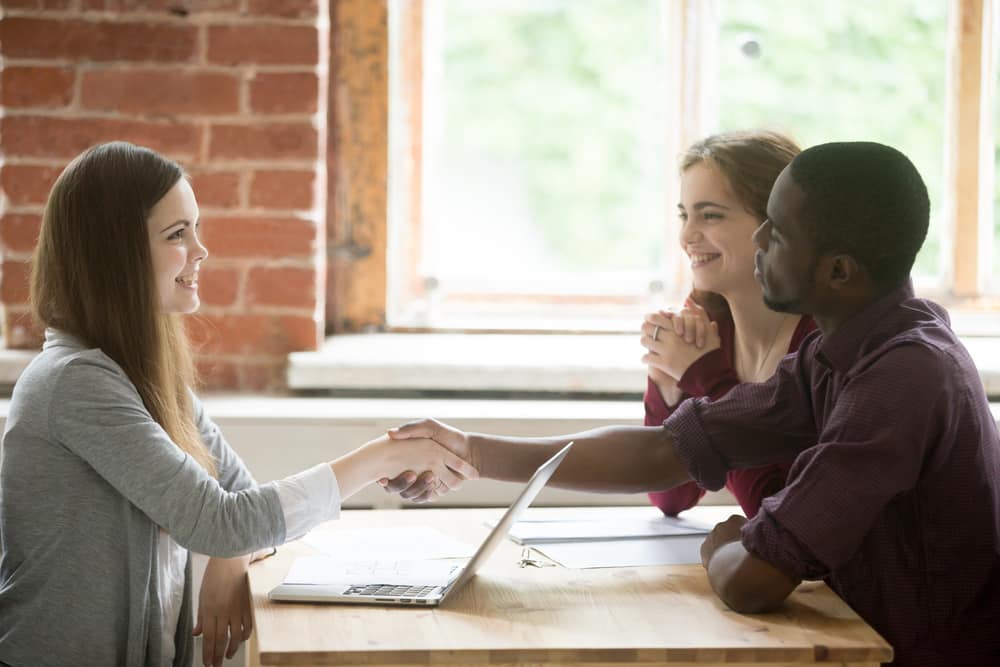An interest rate hike would signal the end of ultra-cheap loans and send up the cost of millions of mortgages in an instant
All eyes will be on the Bank of England (BoE) tomorrow as it considers hiking interest rates for the first time in more than three years.
Such a move would signal the end of ultra-cheap loans and send up the cost of millions of mortgages in an instant.
The bank’s base rate has sat at a record low of 0.1 per cent since the beginning of the pandemic in March last year.
At the time, the bank voted unanimously in favour of a cut from 0.25 per cent, to protect households and business from the impact of the Covid-19 crisis on the economy.
But with inflation now tipped to soar above 4 per cent, rates may soon need to rise to keep a lid on spiralling prices. Many major banks and building societies have already pulled scores of the cheapest deals from the market in anticipation.
At the start of last week there were 82 mortgages priced at less than 1 per cent. Yesterday there were just 22 left, according to analysts Defaqto. But as prices and taxes rocket, homeowners can still take huge strides to reduce the cost of their largest household bill.
According to banking trade body UK Finance, around 850,000 borrowers are on tracker mortgages which follow the base rate.
Lenders are required to give base rate borrowers a month’s notice before they adjust their repayments.
So, if the base rate is hiked, households on tracker deals will not see their costs increase until next month. The average rate on a tracker deal is currently 2.45 per cent.
If the base rate was hiked to 0.25 per cent tomorrow, it would increase repayments on a £150,000 loan taken over 25 years by £12 a month from £669 to £681 — £144 a year, according to analysis by AJ Bell.
If base rate rose to 0.75 per cent by the end of 2023, the same mortgage would cost £719 a month, an increase of £50 a month or £600 a year.
And if the Office for Budget Responsibility’s (OBR’s) worst case scenario occurs, where base rate jumps to 3.5 per cent in 2023, the same monthly bill would be £962 — a £3,516 a year jump.
David Hollingworth, of mortgage broker L&C, says: Not all trackers tie the borrower in, so homeowners may have an option to jump ship without a penalty and lock into a fix if they are nervous about what the future movement of rates could have in store.







Leave a Reply